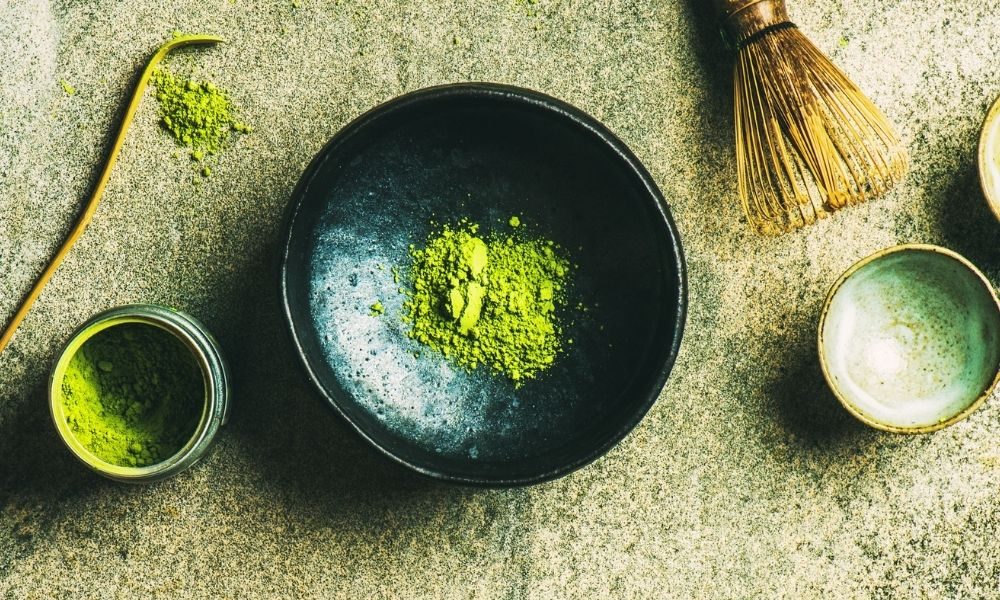Hey there! It’s me, your friendly guide to all things Japanese slang. Born and raised in Japan, I’ve spent 32 years immersed in this vibrant culture, and I’m here to share the coolest slang words and phrases you won’t find in your textbooks. These are the hidden gems that will unlock deeper connections and make your Japanese experience unforgettable.
Why Learn Japanese Slang?
Slang is more than just casual language—it’s a window into culture, humor, and daily life. By mastering slang, you can understand how Japanese people truly express themselves. It’s the secret sauce to making friends, navigating social situations, and showing locals that you appreciate their culture.
In Japan, slang is especially prominent in casual settings—cafes, izakayas (Japanese pubs), and online conversations. However, it’s crucial to be mindful of when and where to use these terms, as they might not always be appropriate in formal situations or with older generations.
Finally, let’s dive into the exciting world of Japanese slang, with added context and cultural insights to make you a true insider.
Level 1: Beginner-Friendly Slang
These beginner-friendly terms are easy to learn and commonly used in casual settings.
Yabai (やばい)
- Meaning: “Amazing,” “wild,” or “terrible.” It’s incredibly versatile, similar to “wow” or “oh no!” in English.
- Cultural Note: Yabai is so flexible that it can express everything from astonishment to alarm. In trendy urban areas like Tokyo or Osaka, you’ll hear it constantly.
- Typical Context: Used to describe food, situations, or emotions.
Example:
- “Kono ramen, yabai! Meccha oishii!” (This ramen is amazing! It’s so delicious!)
- “Uwa, shukudai wasureteta… Yabai…” (Oh no, I forgot my homework… That’s bad…)
Uzai (うざい)
- Meaning: “Annoying” or “troublesome.”
- Cultural Note: Uzai often carries a casual or even humorous tone among friends. However, it can sound harsh if directed at someone you’re not close to, so use it carefully.
- Typical Context: Complaining about loud people, bad weather, or even a tough boss (but only with trusted friends).
Example:
- “Tonari no hito no hanashigoe ga uzai…” (The person next to me is talking so loudly…)
Maji (マジ)
- Meaning: “Really” or “seriously.”
- Cultural Note: Maji is a staple among young people and is commonly heard in schools or at casual hangouts. It adds emphasis to statements or questions.
- Typical Context: Expressing disbelief, excitement, or seriousness.
Example:
- “Maji de? Shinjirarenai!” (Really? I can’t believe it!)
Level 2: Intermediate Slang
Once you’ve mastered the basics, level up with these trendy terms that showcase your cultural savvy.
Emoi (エモい)
- Meaning: “Emotional,” “touching,” or “nostalgic.”
- Cultural Note: Originally derived from the English word “emotional,” emoi reflects the Japanese love for sentimental or aesthetic experiences. It’s often used when reminiscing or admiring something visually beautiful.
- Typical Context: Talking about movies, music, or scenic views.
Example:
- “Ano eiga, meccha emoi n da yo ne.” (That movie is so emotional.)
Kyun desu (きゅんです)
- Meaning: The feeling of your heart skipping a beat, like “aww” or “my heart melted.”
- Cultural Note: Frequently used in romantic contexts or when describing cute moments, this term reflects Japan’s appreciation for kawaii (cute) culture.
- Typical Context: Watching romantic dramas, talking about a crush, or seeing an adorable pet.
Example:
- “Ano ko no egao ni kyun desu!” (Her smile makes my heart flutter!)
Kusa (草)
- Meaning: “Lol” or “funny.”
- Cultural Note: Kusa literally means “grass” and comes from how the kanji for “laugh” (笑) looks like grass when written repeatedly in online chats (wwwww). It’s a staple of internet culture in Japan.
- Typical Context: Online gaming, text messages, or playful banter with friends.
Example:
- “Sono hanashi, kusa.” (That story is hilarious.)
Level 3: Advanced Slang
These advanced terms will set you apart as a true slang master. They’re often rooted in internet culture and require nuanced usage.
Pien (ぴえん)
- Meaning: Expresses sadness or the urge to cry.
- Cultural Note: Often paired with a cute, exaggerated sad face emoji, pien captures Japan’s unique blend of humor and sentimentality.
- Typical Context: Lighthearted complaints or playful self-deprecation.
Example:
- “Tesuto ni ochita… pien.” (I failed the test… I’m so sad.)
〇〇 shika katan (〇〇しか勝たん)
- Meaning: “Nothing beats 〇〇” or “〇〇 is the best.”
- Cultural Note: Originating from idol fandoms, this phrase reflects Japan’s deep culture of supporting favorites, from idols to food.
- Typical Context: Praising your favorite band, food, or hobby.
Example:
- “Yappari ramen shika katan!” (Nothing beats ramen!)
Cultural Tips for Using Slang
- Know Your Audience
Slang is fun, but it’s essential to gauge the appropriateness based on the situation. For example, slang is great with friends or peers but less so in formal settings or with elders. - Learn Through Media
Watching Japanese dramas, anime, or YouTube can help you pick up the latest slang. Social media platforms like Twitter and TikTok are also great resources. - Use Slang to Build Relationships
When used correctly, slang can break the ice and show your genuine interest in Japanese culture. Additionally, locals will appreciate your effort to speak naturally and may even teach you more phrases!
Master Slang with Confidence
The journey to mastering Japanese slang is as much about cultural immersion as it is about language learning. So, the next time you’re sipping coffee at a cozy café or enjoying a lively festival, try slipping some of these phrases into your conversation. You’ll not only impress your Japanese friends but also deepen your connection to this incredible culture.
Have fun exploring the world of Japanese slang! And remember—language is a bridge to deeper human connections. Keep learning, and you’ll find yourself feeling right at home in Japan.










